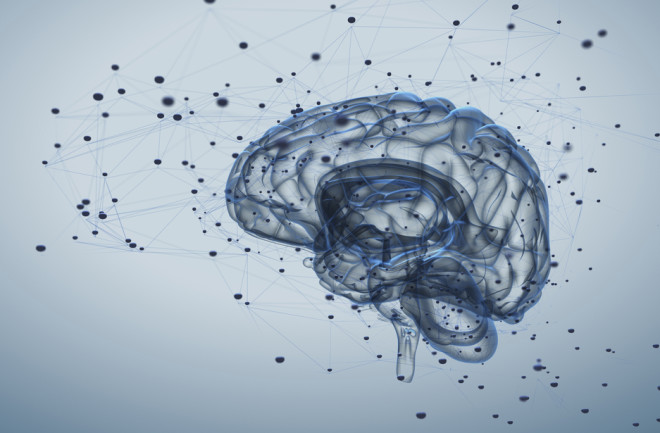The successful formation of memories is an essential function in humans. Our memories provide us with data on past events and experiences which mandate how we behave in the here and now. Memories are also central to the formation of a concept of self, as the autobiographical nature of our memories emanate from our individual perspective of the world.
The subjective experience of recalling memories has the character of being discrete. In other words, our memories have a beginning and an end, and relate to a particular time and place, which is perhaps distinct to the seemingly continuous nature of our waking conscious experiences.

